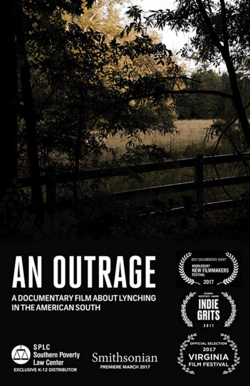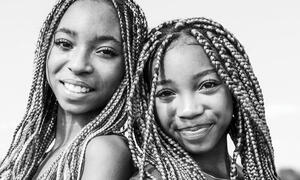film kit
An Outrage

This film takes viewers to the very communities where heinous acts of violence took place, offering a painful look back at lives lost to lynching and a critical look forward. (Available for streaming only)
September 11, 2017


